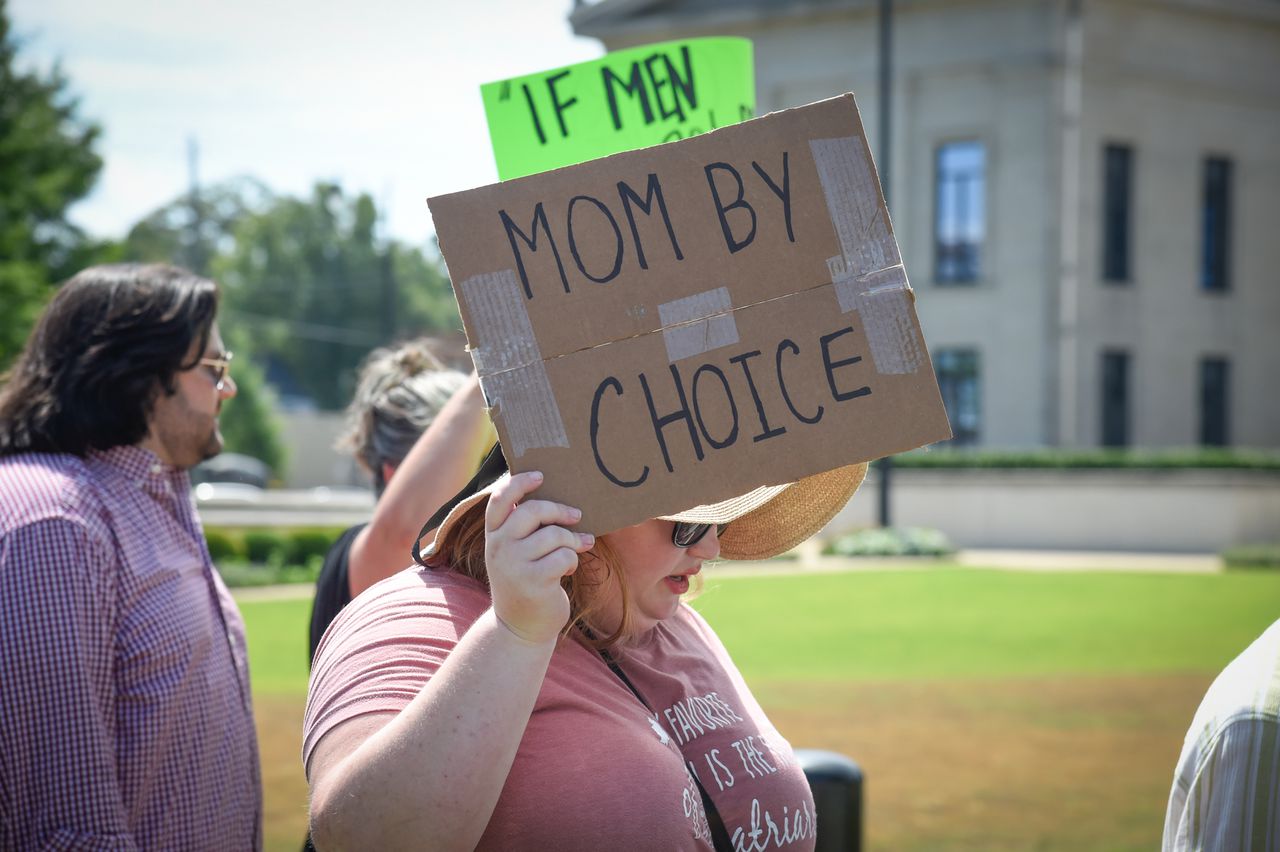Alabama would prosecute abortion as murder under newly introduced bill
Nearly a year after the overturn of Roe vs. Wade, some Alabama lawmakers have introduced a bill that would allow people who get abortions to be prosecuted for murder and assault in certain situations.
HB454, introduced by Rep. Ernie Yarbrough, R-Trinity, would repeal the standing provision that prohibits prosecution following an abortion.
The bill could lead to prosecutions for anyone who terminates a pregnancy after fertilization, though it retains protections for people who are victims of domestic violence of assault.
The bill follows claims from lawmakers and public officials that Alabama would not prosecute people who get abortions, though some confusion occurred following Attorney General Steve Marshall’s claims in January that women in Alabama could be prosecuted for using medication to terminate their pregnancies.
Marshall later backed down on the claims, and his deputy communications director told the Washington Post that “the Attorney General’s beef is with illegal providers, not women.”
The 2019 Human Life Protection Act, Alabama’s current law regarding abortions, prohibits prosecution of pregnant people who receive abortions and limits criminalization to medical providers. Yarbrough’s bill would eliminate that prohibition.
Yarbrough’s bill would:
- Allow duress as a defense for murder when the defendant is a mother who is pregnant with the victim
- Expand the definition of “person” to begin at the moment of fertilization
- Prohibit prosecutions if a pregnancy is accidentally terminated as a result of legal medical care to save the life of the patient and “all other reasonable alternatives to the medical care or treatment have been exhausted.”
- Repeal the provision in current law that prohibits homicide or assault prosecution following the termination of a pregnancy
- Provide that any prosecution taking place after an abortion would “be treated the same as prosecutions of homicide or assault of a person born alive.”
The bill would not apply to pregnancies terminated in an event of domestic violence or assault. It also does not clearly protect miscarriages or subsequent abortions following them.
Alabama remains sharply divided on the issue of abortion, which has been banned in nearly all instances since the summer of 2022.
Before Roe v. Wade was overturned, about 500 abortions, typically medication abortions, were performed in Alabama each month, according to one estimate.
It is not known whether any legal abortions have occurred in-state since 2022, and some conservatives in the state are pushing for further restrictions.
Marshall has been vocal in his resistance to U.S. Food and Drug Administration-approved abortion pills.
At the federal level, Sen. Tommy Tuberville, R-Ala., has placed a hold on U.S. Department of Defense nominees in protest of a trio of policies from the organization that provide former service members seeking abortions with assistance. Critics have said the hold is damaging U.S. national security.
At the state level, Democrat Sen. Vivian Davis Figures of Mobile has introduced legislation that would repeal the Human Life Protection Act. Should the act remain in place, Figures also introduced a bill to allow abortion exceptions in pregnancies that are a result of rape or incest. Currently, the Human Life Protection Act provides no exceptions unless the abortion is necessary to save the life of the patients.
Across the state, protests and rallies have occurred both in support of and in opposition to abortion restrictions and bans.
Read more:
Lawmaker wants to repeal Alabama’s old misdemeanor abortion law that was in place before Roe v. Wade
Sen. Figures on abortion bills: ‘Women are still crying out loudly’
Alabama lawmakers propose tax credits for anti-abortion center donors
No women are currently signed on as co-sponsors of the bill.
Yarbrough’s bill has been referred to the House Judiciary Committee. It will undergo a committee discussion that will determine whether it heads back to the House floor for a vote.
